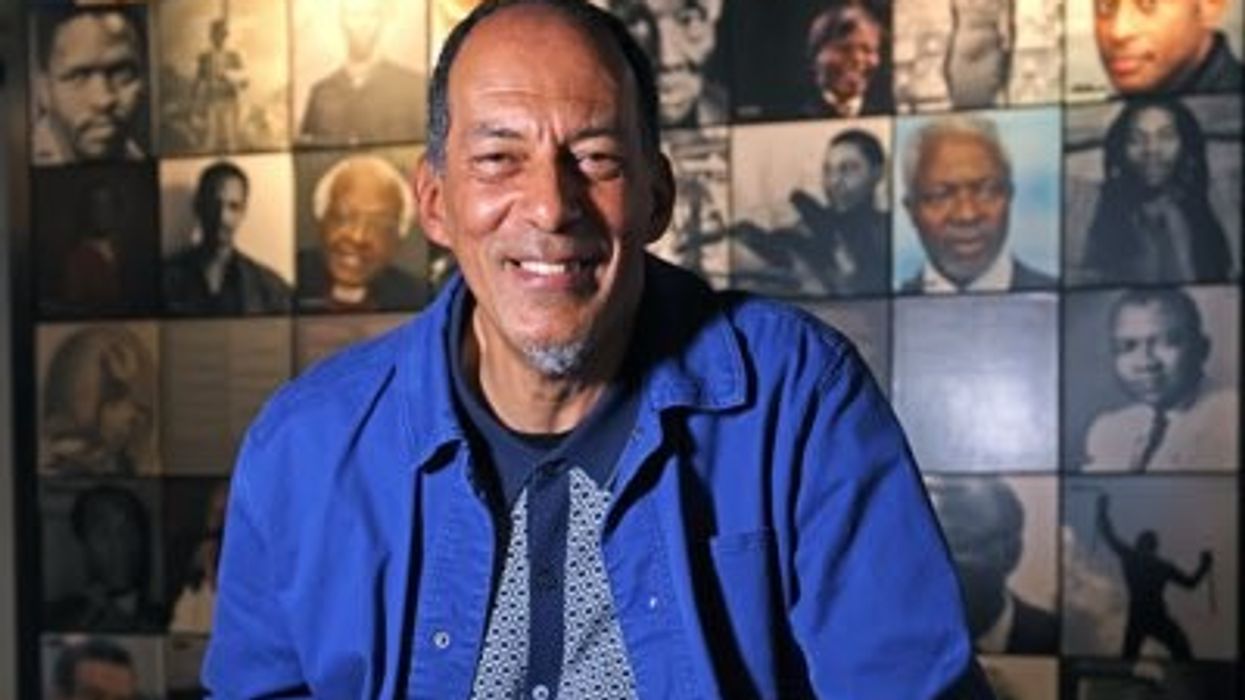ACADEMICS have warned that cuts to arts and humanities courses in UK universities could lead to a poorer understanding of race and colonialism.
Petitions are being circulated to keep anthropology alive at Kent University, where it's at risk of shutting down. Also, Oxford Brookes has already closed its music programme this year, reported The Guardian.
Notably, the cancellation of the black British literature master’s course at Goldsmiths University drew criticism from Booker prize-winner Bernardine Evaristo.
“The MA in black British literature shouldn’t be seen as dispensable but as an essential course that is intellectually and culturally enriching for academia, the college and society,” she was quoted as saying.
Last year, Chichester University decided to end the Master of Research programme focussing on the history of Africa and the African diaspora, leading to the dismissal of Prof Hakim Adi, who was its leader.
Adi, the first African-British historian to attain the rank of professor of history in the UK, had been nominated for the Wolfson History Prize in 2023.
According to Adi, the removal of the course signifies a lack of interest in topics like race and colonialism within higher education. He worries that if this trend continues, these crucial subjects will be excluded from university curriculums.
The programmae at Chichester was unique in Europe for its specialised focus on African history. Adi's redundancy not only affected him but also left his PhD students without an expert guide for their research on race and colonialism.
Prof Adi shared his experience teaching black history and race-related studies, noting the desire among students for these topics. At Chichester University, he taught a popular module on Africa and the African diaspora, which was voted "module of the year" by a predominantly white cohort.
The government's focus on what it terms as "rip-off university courses," emphasising science, technology, engineering, and math (Stem) subjects, has raised concerns about the neglect of arts and humanities. Scholars argue that such decisions undermine critical thinking.
Kevin Biderman, a lecturer at the University of the Arts London, highlights the contribution of creative industries to the economy, questioning the government's perspective on the employability of arts and humanities graduates.
“At the RCA [Royal College of Art], they got rid of critical and historical studies. What we’re starting to see now is institutions are keeping skills-based courses, under the argument of employability, but they’re cutting courses that require critical thinking about society. [Universities] also cite economic and money-saving reasons – but these courses are cheaper to run in many ways because they don’t need much equipment," he was quoted as saying.
Dr. Cecilia Wee of the RCA also stressed the importance of these courses in fostering public awareness about issues like race and colonialism. The closure of such courses not only impacts academia but also has broader societal consequences by silencing underrepresented voices, she said.
Universities, however, defend their decisions based on student numbers and viability, but critics argue that these actions limit educational diversity and critical discourse.
A spokesperson for Chichester University said “despite extensive marketing” of the history of Africa and the African diaspora course, it had “always recruited a relatively small number of students”.
An RCA representative explained that they discontinued the Critical and Historical Studies module as part of their studio-based Master's programmes following extensive consultation with staff and students. The decision, made for academic reasons, aimed to integrate theory and practice more effectively.
A spokesperson from the Department for Education acknowledged the value of higher education, including arts and humanities courses.





